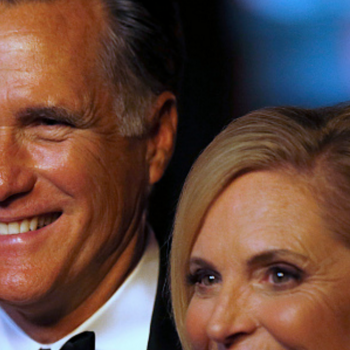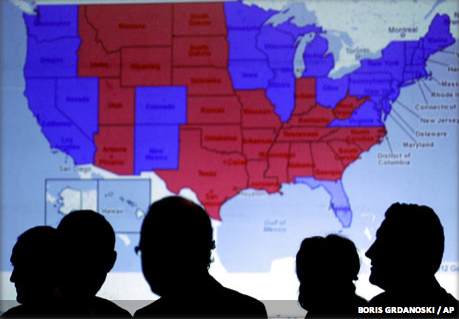I’m a racist, sexist, homophobe.
At least that’s what I learned — much to my shock — when I arrived at Harvard Law School in 1991. It’s not that I believed that whites were superior to other races, that men were superior to women or that gays were lesser human beings. Instead, I was opposed to affirmative action, thought the Leftist view that gender was nothing but a “social construct” was both bizarre and unscientific, and believed same-sex sexual activity was immoral. According to various postmodern social texts, each of those positions made me the moral monster they claimed I was.
It didn’t take me long to figure out the tactic and learn to laugh it off. Here’s the pattern: Take a common and inflammatory slur, expand the definition far beyond its common meaning, then use the slur as loudly and often as possible. It has incredible power, creating the “when did you stop beating your wife” rhetorical dynamic that puts its target in an outraged defensive crouch from the beginning of the conversation.
Do you recognize the pattern in Robert Jeffress’s attack on Mitt? First he uses the term “cult” without qualification. Then, when called on it, he retreats to the utterly obscure and artificial academic distinction between a “sociological cult” and a “theological cult” but maintains the core slur. (Of course it turns out that the definition of “theological cult” is so broad — like the Left’s definition of “racist” — that it can fit any religious faith you don’t belong to or believe in.) Make the slur. Redefine the slur. Maintain the slur. It’s textbook.
Let’s be very, very clear about what happened here: For the sake of temporary partisan advantage in a Republican primary, a prominent pastor issued an inflammatory religious attack against the Republican frontrunner. At the same time, he revealed his position as partisan, not principled, because he quickly added he’d vote for Mitt Romney over Barack Obama. (I suppose his religious truth changes after Super Tuesday). Then, when called on his blatant, disingenuous partisan attack he retreats behind — and tries to create — a Mormon/Christian theological battle, presenting himself as the defender of the faith.
I agree with this statement, from Pastor Steve Cornell:
I recommend that we (as Christians) discontinue the use of the label “cult” and explain our differences in more helpful ways. By using more clarifying and less pejorative terms, we can avoid unnecessary alienation.
And this:
Finally, as for the pastor’s preference for one would lead “biblically,” I am not sure what he meant. But I am sure that there are different understandings of what the term “biblical” means or how to apply it. It may have been better for him to say, “I’d prefer a president who takes the Bible seriously”? We can be sure that many heard the preference for a president who leads biblically as a desire to impose Christianity on the nation. There are much better ways of expressing concerns and preferences than the ones used by the pastor. We simply cannot waltz into the public square unleashing terms and labels without more thoughtful reflection on how those terms will be heard.
This is exactly right. If we are going to discuss the role of Mitt Romney’s faith in this election (and such a discussion — at some level — is proving unavoidable), let’s begin with this question: Which of his actual religious beliefs will have negative implications for the decisions he’ll make as president and the way he’ll lead this country? Why do you believe this?
I can think of a lot of positives from his faith: His faithfulness, his integrity, his respect for life and family, his clear perception of evil (such as the jihadist threat), his commitment to excellence, and his desire for justice.
Are there negatives? I don’t think so . . . except that it might be tough to find good coffee in the White House. So if you do visit, be sure to bring your own cup.










